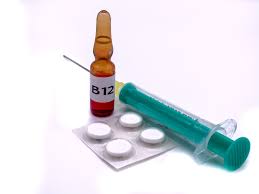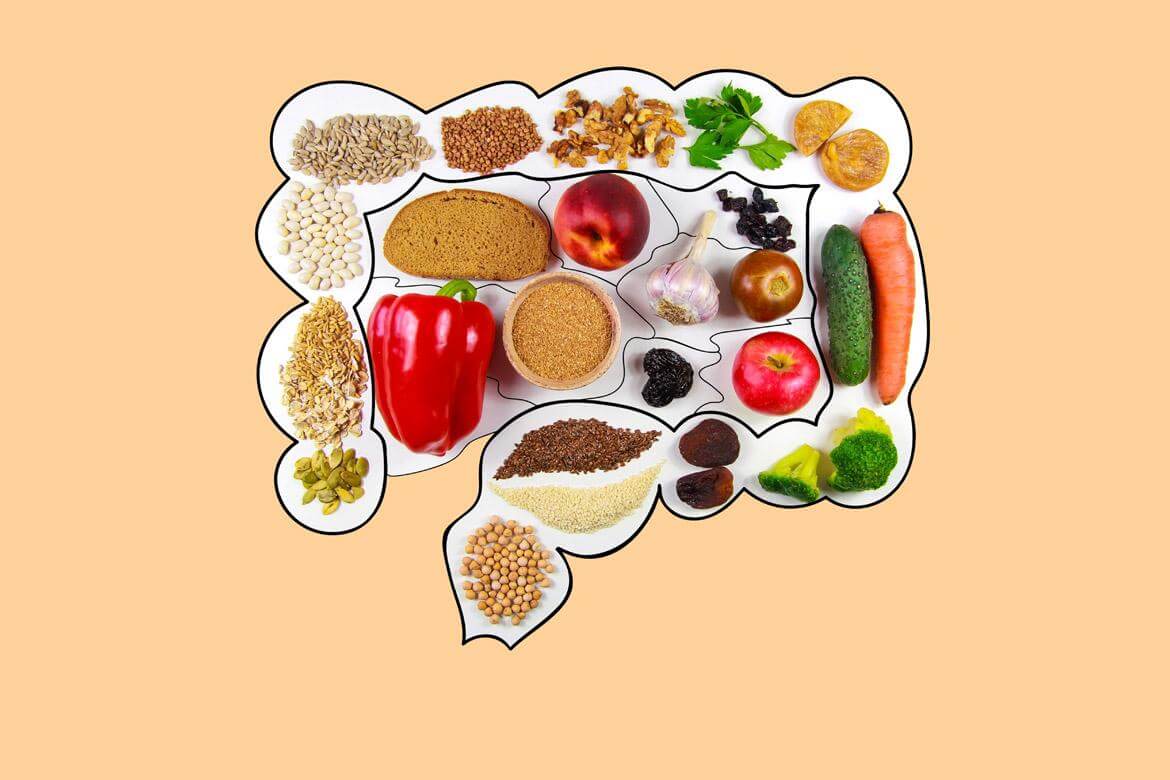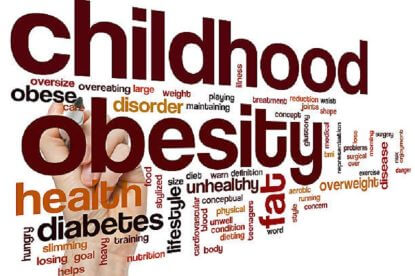Newly published study reveals, ‘Bone health is linked with dementia’
Fri 24 Mar 2023, 23:53:26

An association has been found between low bone density and an increased likelihood of developing dementia, according to a study published in the online edition of Neurology, the medical journal of the American Academy of Neurology. The study's findings do not establish a causal relationship between low bone density and dementia, as it only demonstrates a correlation.
Both low bone density and dementia are prevalent among older people, and they often occur together because inactivity and poor nutrition can cause bone loss, which can contribute to dementia. However, it's unclear how bone loss affects the period leading up to dementia. The study discovered that bone loss starts happening before dementia sets in, which increases the likelihood of developing dementia.
The study was conducted in the Netherlands and involved 3,651 participants who were an average of 72 years old and did not have dementia at the beginning of the study. Researchers monitored the participants for an average of 11 years and found that 688 individuals, or 19%, had developed dementia meanwhile. The researchers utilized X-ray scans to determine the participants' bone density. Every
four to five years, participants underwent physical tests, including bone scans and dementia screenings, which included interviews.
four to five years, participants underwent physical tests, including bone scans and dementia screenings, which included interviews.
Out of the 1,211 individuals with the lowest total body bone density, 90 developed dementia within a decade, in contrast to the 57 individuals with the highest bone density. Researchers accounted for variables such as age, gender, education, other medical conditions and medication use, as well as family history of dementia, concluding that people with the lowest total body bone density were 42% more likely to develop dementia within a decade.
Past studies have revealed that various factors, including diet and exercise, can impact bones differently and may affect the risk of dementia. This recent research discovered a connection between bone loss and dementia, but further studies are necessary to completely understand this link between bone density and memory loss. It's possible that bone loss may begin in the very early stages of dementia, even before any noticeable symptoms appear. If this is accurate, bone loss could be a warning sign for dementia risk, and individuals with bone loss could be selected for screening and better care.
No Comments For This Post, Be first to write a Comment.
Most viewed from Health
AIMIM News
Latest Urdu News
Most Viewed
May 26, 2020
Should there be an India-Pakistan cricket match or not?
Latest Videos View All
Like Us
Home
About Us
Advertise With Us
All Polls
Epaper Archives
Privacy Policy
Contact Us
Download Etemaad App
© 2026 Etemaad Daily News, All Rights Reserved.

























.jpg)
.jpg)
.jpg)


